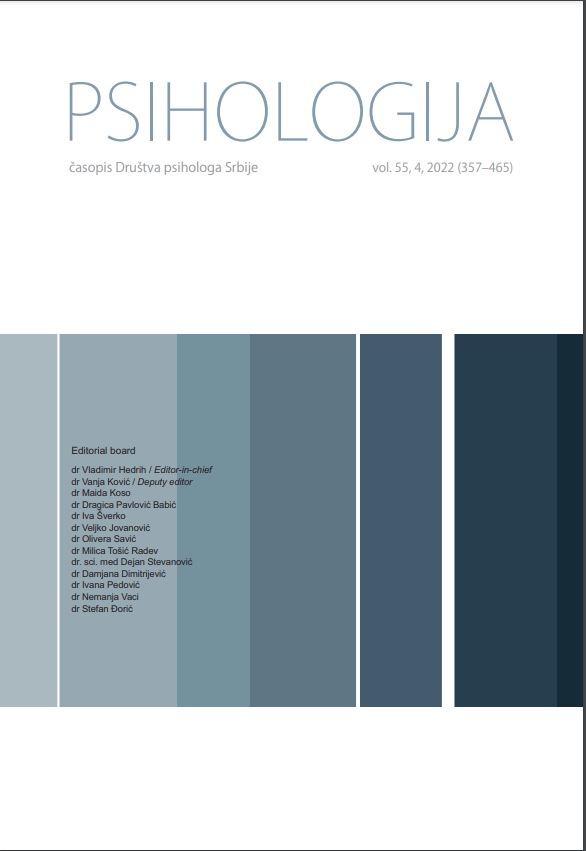"I could easily get professional help if I wanted to": Professional help-seeking intentions and the Theory of planned behaviour
"I could easily get professional help if I wanted to": Professional help-seeking intentions and the Theory of planned behaviour
Author(s): Katerina NaumovaSubject(s): Individual Psychology, Social psychology and group interaction, Personality Psychology, Clinical psychology
Published by: Društvo psihologa Srbije
Keywords: professional help-seeking; help-seeking intentions; Theory of planned behaviour; perceived barriers; self-disclosure
Summary/Abstract: This study used path analysis to evaluate the ability of the Theory of planned behaviour to predict professional help-seeking intentions in an adult community sample (N = 470, 51% female, age range: 18–64 years). The results showed that perceived behavioural control was the most significant antecedent of help-seeking intentions, positive attitudes increased the likelihood to seek professional help, however, their effect was small, while subjective norms were not relevant. Past help-seeking had a small direct effect on intentions, yet equally strong as the total indirect effect via attitudes and perceived behavioural control. Psychological distress affected intentions only indirectly. Difficulties with self-disclosure were the only barrier that had a partially mediated effect on intentions through perceived behavioural control. The findings are discussed with respect to the utility of the TPB model, as well as in the wider context of professional help-seeking and interventions to encourage the utilization of mental health services.
Journal: Psihologija
- Issue Year: 55/2022
- Issue No: 4
- Page Range: 427-442
- Page Count: 14
- Language: English, Serbian

